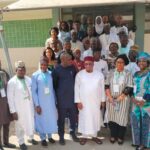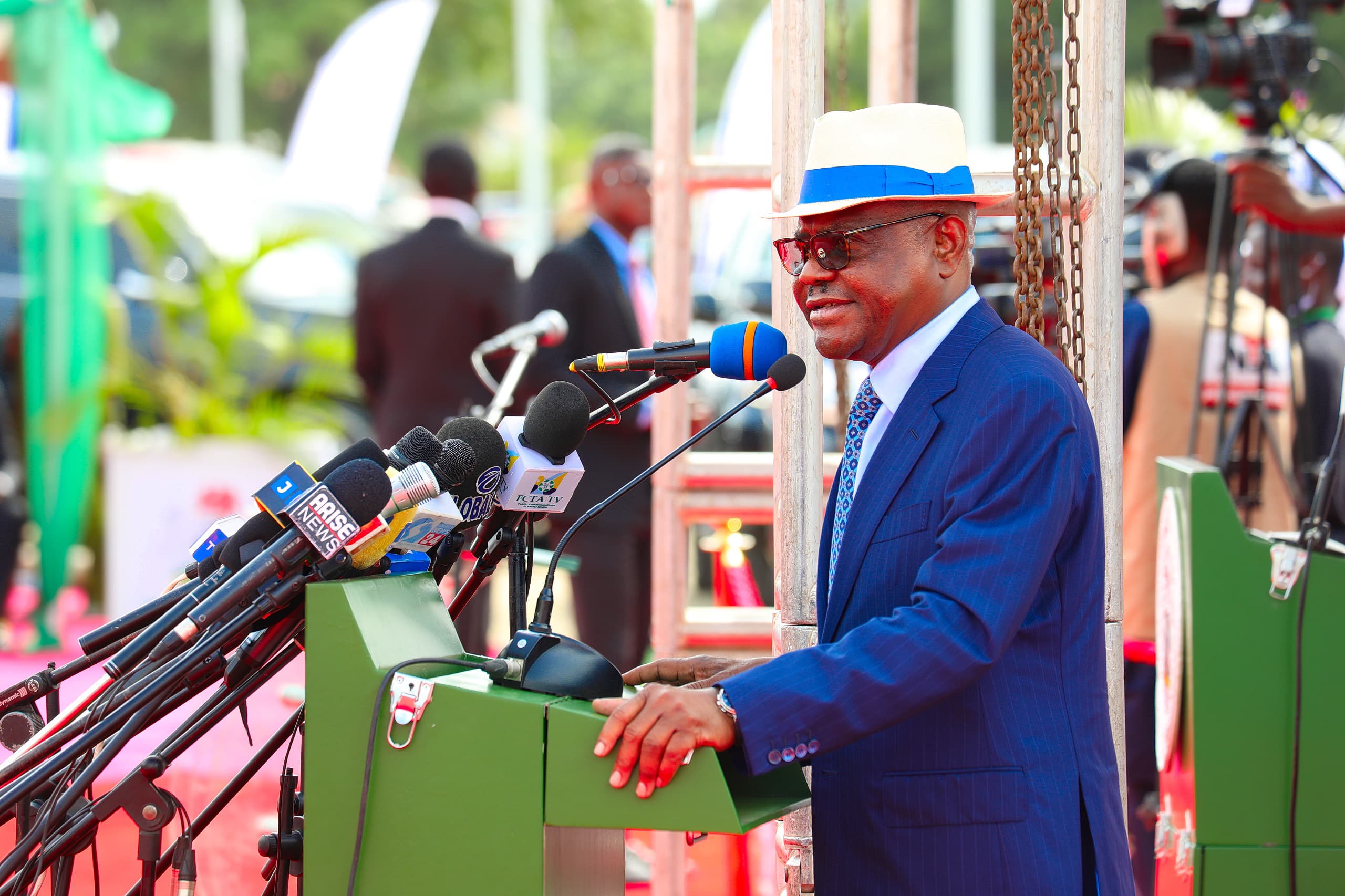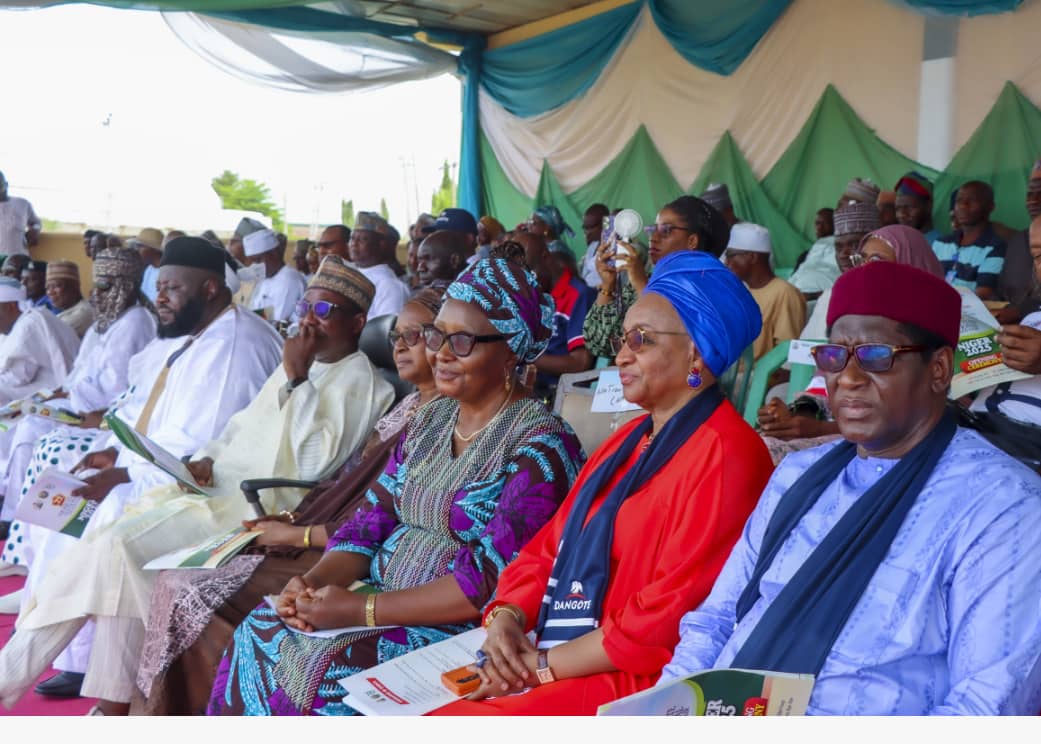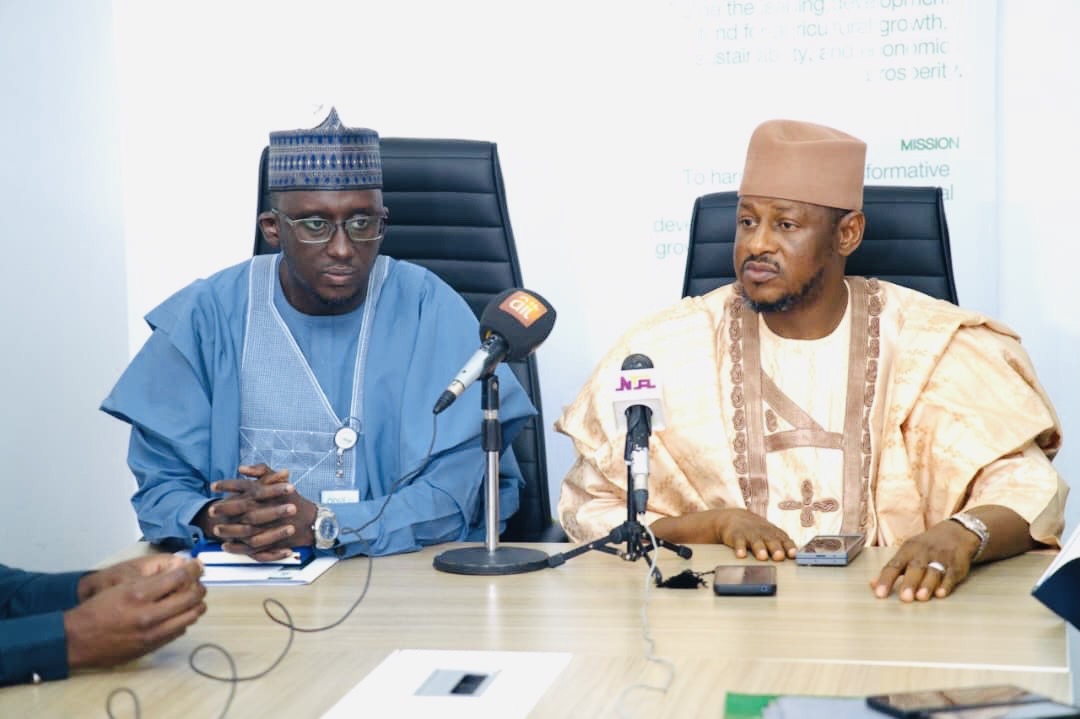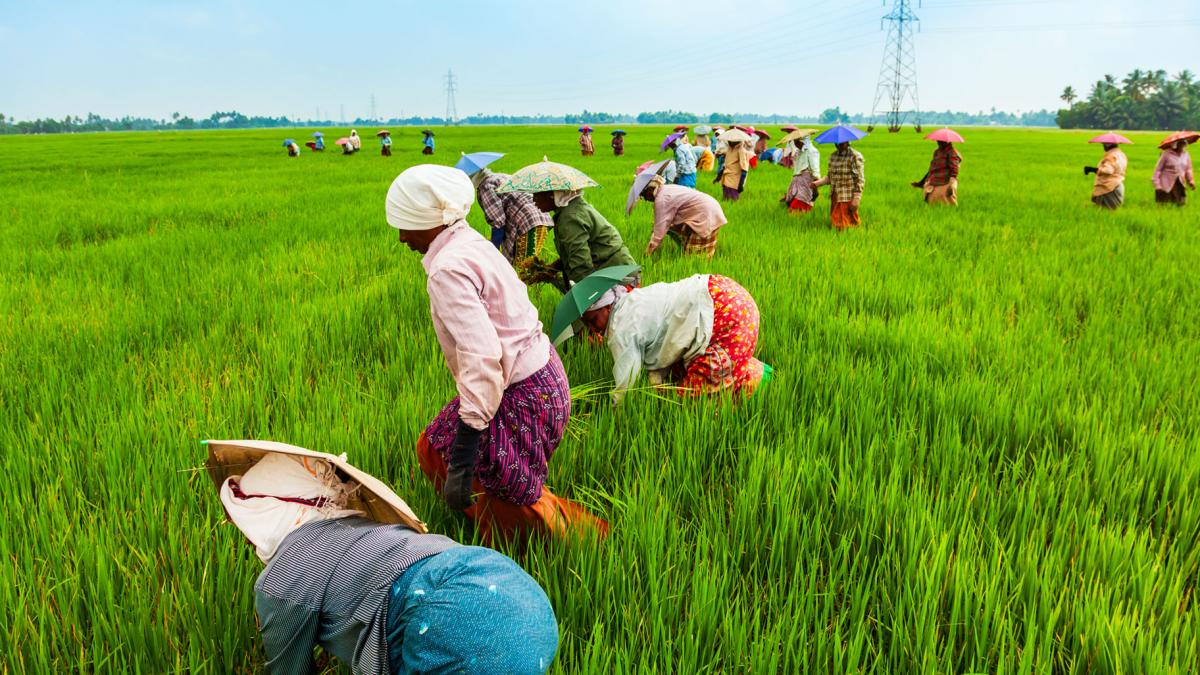Wike pledges land for farming to tackle food insecurity in FCT
By Philip Yatai The Minister of the Federal Capital Territory (FCT), Mr Nyesom Wike, on Monday, promised to allocate lands in satellite towns to farmers for agricultural production to combat food insecurity. Wike made the promise in Abuja on Monday, during the inauguration of the newly constructed rural road fromContinue Reading


